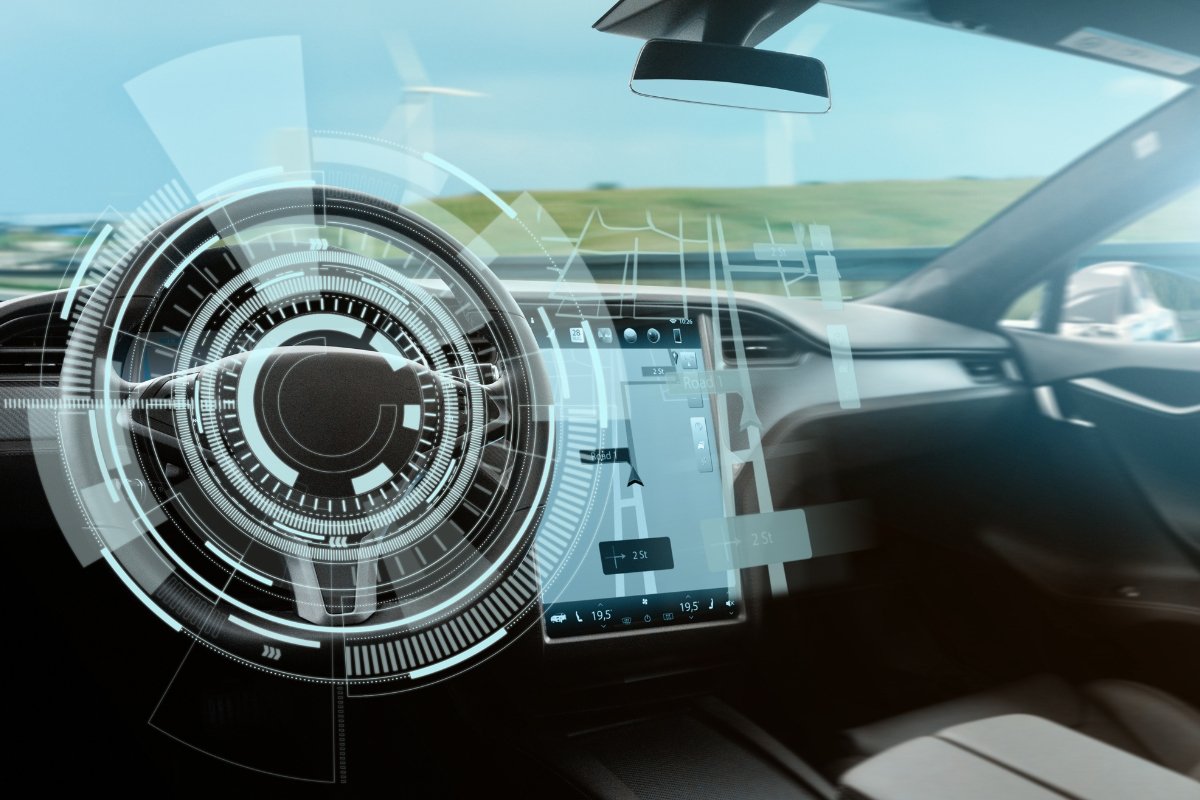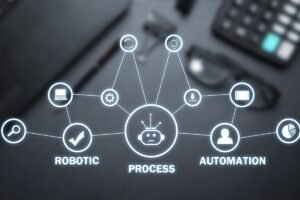In this blog we will discuss The Ethical Challenges of AI IN Autonomous Systems. Imagine hopping into a car that drives itself or having a package dropped on your doorstep by a flying drone. Sounds like science fiction? Not anymore. Welcome to the world of autonomous systems innovations that are changing the way we live, work, and move. But as exciting as it sounds, these smart systems come with a set of ethical challenges that we can’t afford to ignore.
Table of Contents
What Are Autonomous Systems?
Autonomous systems are tech-driven tools that operate without human control. Think self-driving cars, AI-powered hiring software, delivery drones, and even robotic surgeons. These systems use machine learning and AI to make decisions on their own. Cool, right? But here’s the deal every decision they make can impact real lives. That’s why you and I need to talk about their ethics.
Key Ethical Challenges of Autonomous Systems
Let’s break down some of the ethical challenges you should know if you are as hyped (and maybe a little nervous) about AI as I am.
Safety & Moral Dilemmas
One of the biggest challenges in autonomous tech is making safe and moral decisions. For example, picture this a self-driving car must choose between hitting a pedestrian or swerving and harming its passenger. This is called the Trolley Problem, and it’s no longer just philosophy class material it’s real-life coding now.
Some carmakers are already working on moral decision-making models, but there’s no universal rulebook yet.
Bias in AI Algorithms
We have seen cases where AI didn’t recognize people of certain ethnicities as accurately as others. This isn’t just a bug it’s a bias, and it can cause serious harm. If the data used to train the algorithm is flawed, the system will reflect those flaws. Whether it’s a hiring tool or a pedestrian detection system, biased AI puts people at risk.
Privacy Concerns With Surveillance Drones
Drones with cameras flying over your house? Yeah, it’s happening. While they can help with security and delivery, they also raise privacy issues. Who owns the data? Can police or companies use that footage without your consent?
Autonomous Weapons and War Ethics
Here’s a tough one should a machine be allowed to decide life or death in military situations? Autonomous drones used for targeted strikes may act without direct human oversight, and this raises questions around due process, civilian safety, and moral accountability. These are huge ethical concerns.
Robots in Healthcare
Robots helping with surgeries or elderly care? Awesome. But what if they fail or misinterpret patient needs? AI in healthcare must ensure patient autonomy, data security, and fairness in how treatment decisions are made. This isn’t just about tech it’s about human dignity.
Explainable and Transparent AI
A lot of AI tools are like black boxes you feed in data, and boom, out comes a decision. But if you can’t understand how the decision was made, that’s a problem. That’s where Explainable AI (XAI) comes in. It aims to make systems more transparent and accountable.
Why You Should Care About These Challenges
If you think AI ethics is only for tech experts think again. These systems already touch your life, from your GPS to social media feeds. The choices made by machines reflect the values we program into them. So if you care about safety, fairness, and privacy, this matters to you too.
Read More Understanding Data Privacy and Security in AI 2025 and What You Need to Know
How We Can Build Responsible AI Together
The good news? You and I can be part of the solution.
- Stay informed: Follow blogs (like this one!), news, and updates about AI policy.
- Join the conversation: Attend public forums, online panels, or comment sections.
- Demand transparency: Ask companies and governments to explain how AI systems work.
- Support ethical AI research: Donate, volunteer, or just amplify trustworthy voices.
FAQs The Ethical Challenges of AI IN Autonomous Systems
Q. What are the main ethical issues in autonomous vehicles?
Ans.1. Moral decision-making (like the trolley problem)
2. Biased recognition or accident data
3. Lack of legal clarity on accountability
Q. How can bias in AI be avoided?
Ans. By using diverse training data, rigorous testing, and regular audits. Bias can’t always be removed entirely, but it can be monitored and minimized.
Q. Are drones legal for surveillance in the U.S.?
Ans. It varies by state. Some areas have strict rules others don’t. The federal government is still working on clearer guidelines.
Q. Is AI in healthcare safe?
Ans. Mostly, yes but like any tool, it’s only as good as the people designing and monitoring it. Human oversight is key.
Conclusion
You and I are standing at the start of a huge shift. Autonomous systems are changing everything from driving to healthcare to warfare. But if we want these changes to be good for everyone, we have got to tackle the ethical challenges of autonomous systems head-on.
So let’s keep asking questions, learning, and demanding better tech not just smarter tech.





Pingback: The Challenge of Ethics and AI in Healthcare in 2025 | The Real Benefits and Hidden Risks - Pickn Reviews